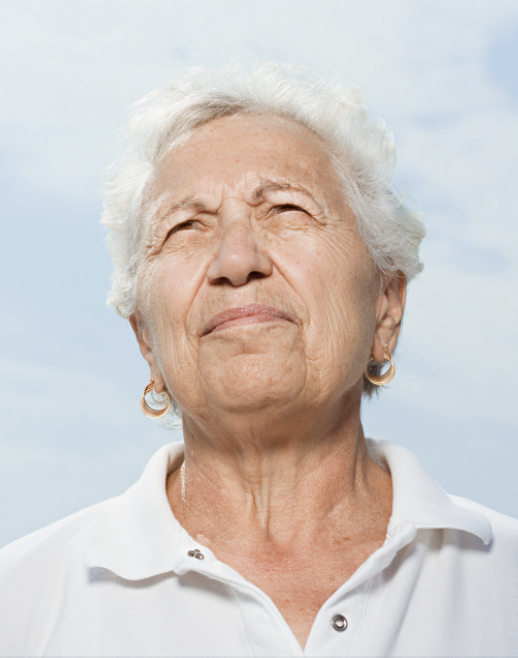Best Guesses: How Will Our Pandemic Lives Play Out Over The Coming Months
September 30, 2020

For many, the arrival of Fall typically kicks off an array of activities timed to celebrate upcoming holidays. From Halloween to Hanukkah, and Thanksgiving to Christmas, this is usually the time we begin to strategize who’s hosting which events and where we will be heading. But not this year. As the CDC recognizes and recommends, this year’s activities may need to go virtual and that big holiday gathering you typically host? It’s likely going to just be the same COVID crew you’ve been hanging with since the virus hit.
From a broader perspective, the question is what do the upcoming months portend when it comes to getting back to a semi-normal life? First of all, no matter what you read or hear, we are not rounding the corner or coming to the last lap of COVID. On the contrary- most Americans remain vulnerable to coronavirus infection and the pandemic rages on, both domestically and internationally. Probably the biggest event that we’re all awaiting is the arrival of a vaccine for COVID. But if you think that will easily or quickly solve our problems, you’re likely to be sorely disappointed. Under the banner “Vaccine Chaos is Looming,” writer Sarah Zhang recently reported in The Atlantic on all of the coordinating challenges we face in bringing a vaccine to the public. Calling this endeavor “brutally complicated logistics,” the effort to get a vaccine to the American public will include millions of doses traveling hundreds if not thousands of miles, with storage and handling nightmares (keeping the vaccine at very cold temperatures will be a must) and the potential requirement that the public will need to receive a 2-dose vaccine initially. Likely to be the most complex vaccine program ever attempted in history, JAMA reports that older adults have been systematically excluded from many of the clinical trials, meaning that the population most at risk may not even receive a vaccine suitable in terms of dosage, efficacy, or adverse side effects. Moreover, assuming the first vaccine is approved under FDA Emergency Use Authorization, Medicare will not pay for this, and it will likely require some sort of Congressional maneuver to get around that.
Even if a vaccine passes muster and is approved for distribution in the coming months, we will still be a long way from resuming our previous lives. As put forth in a type of “thought-experiment” from STAT, the coming 12 months will encounter so many variables that could alter the success and distribution of a vaccine that getting back to normal will likely not happen until the holiday season of 2021, and even then we may still be required to wear masks. For example, some of the “known unknowns:” Will colleges be able to contain the virus? Will misleading info flood the airways as the election comes close? And how will the election results impact the fight against COVID? Will we be set back by super-spreader events from holiday celebrations? As the STAT article makes clear: “Normal won’t just arrive one day. We’ll work our way toward it.” Further, in an article confidently suggesting “Here’s How The Pandemic Will End,” Politico writer Elizabeth Ralph confers with national experts and suggests the following is likely to happen: The end of the pandemic is likely to be an evolution, not a revolution. We will gradually proceed toward a more “normal” existence by the end of 2021, depending on how effective the vaccine is, how many people are willing to take it and whether everyone remembers to get their second dose. And while the first generation of vaccines should get us on the road to ‘normalcy’, there are likely miles to go before we have a tried and true vaccine that will be highly effective.
So in the meantime? As we all move to hunker down indoors (or plot how to continue our social lives outside during the colder weather), there are some tips to take to heart. First, recognize your risk of exposure increases inside, so continue to don your mask (even inside), and wash your hands. And ventilation matters: Keep windows open in cars and offices and any indoor setting where you’re exposed to people outside your “pod”. And to protect your “future self”, NPR advises that you devote yourself now to tasks that you will have wished you’d done when January arrives. Try tackling a project you’ve been putting off and arranging your home so it’s easier to hibernate this coming winter. Figure out how you’re going to continue to get exercise, continue to connect with friends and family from a distance, and last but not least, get your flu shot now!







